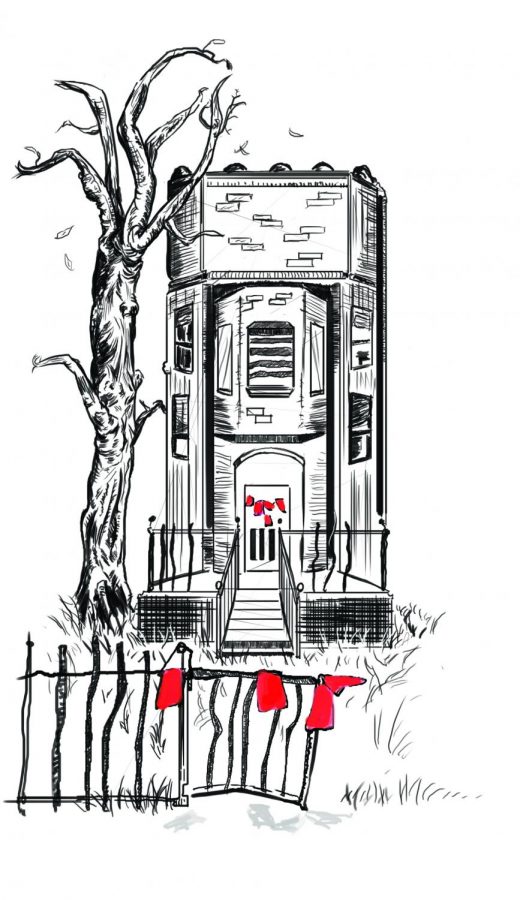South Shore challenged by cyclical eviction
South Shore challenged by cyclical eviction
May 1, 2017
South Shore residents with fixed incomes may experience unfair evictions because of the city’s rising taxes, according to the Chicago Anti-Eviction Campaign.
According to Cook County Sheriff’s Office data, South Shore had the highest number of evictions in the city in 2016—nearly 400—totaling more than one per day in the area. The neighborhood is struggling with eviction because of the demographic of people and the type of income they are receiving, said Willie J.R. Fleming, the South Shore-based Anti-Eviction campaign’s executive director. Residents in the area are normally retired, older people whose fixed income cannot adjust with the changing tax rates in the city.
“They’re on fixed income pensions and social security,” Fleming said. “They can’t adjust. [You]cannotkeep up on a fixed income when your property taxes are going to increase threefold.”
Fleming said people have been “taxed out of their properties”and will face even further hardships when the city raises property and water taxes in 2019. Tax increases are only going to hurt the people on fixed income unless exemptions are offered to them.He added that landlord crime and foreclosure also add to a “host of reasons” causing evictions in South Shore.
While South Shore suffers from Chicago’s highest eviction rate, citywide tenants face face other issuesregardless of neighborhood.
Some landlords use tactics of intimidation, said Antonio Gutierrez, tenant organizer at the Autonomous Tenants Union, a Chicago-based group that creates tenant union campaigns and communicates with landlords when tenants are facing eviction.
“If a landlord can go from $700 a month rent to double or triple the amount and not have reason behind it, we really see a problem with that,” Gutierrez said. “We see the lack of rent control as a way of landlords exploiting and taking advantage of renters.”
Gutierrez said landlords normally take advantage of individuals who do not know their renter’s rights. For example, Gutierrez said often the 30-day eviction notices are not given in person to tenants and are instead taped on their door or put on the hallway’s floor with “no intention of respecting the renters.”
Generally, evictions in Chicago occur because landlords do not think their tenants are living up to their lease obligations, said Henry Rose, professor at Loyola University Chicago School of Law.
“Theprimary cause of tenants being unable to pay rent is [because of] economic hardship, loss of a job, [or] loss of income for some other reason,” he added.
Rose, who previously represented tenants in eviction court, said the tenant is not under total control of the landlord. The landlord has to follow certain procedures during eviction, including explaining why they believe the tenant has violated the lease and give them a period of time to correct the problem. Tenants may have a legal defense if they are withholding rent because the landlord is not making repairs to the apartment, he added.
Rose also said tenants facing eviction because of their economic hardship are at a disadvantage in court because the system does not favor them.
“The primary problem I see in the eviction courts is that the judges tend to favor the landlords and not give the tenants an opportunity to explain their situation,”Rose said. “Most tenants cannot afford to hire an attorney. Only about five percent of tenants who face eviction have legal representation.”
To confront and begin to fix the issue, Fleming said the community has a planning coalition that is working to address eviction.
“We already began the biggest step, and that’s working together as a collective,” Fleming said.








